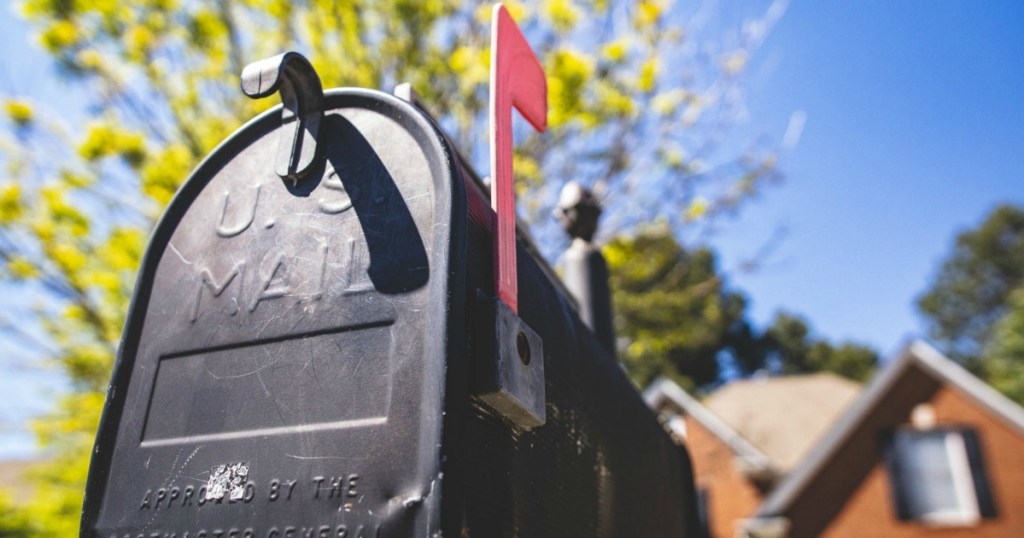Here’s What To Know About the Latest IRS Scam
Be aware of this latest IRS scam!
The Internal Revenue Service has issued a warning about a new scam…
Be careful the next time you check your mail! Identity thieves are at it again and the Internal Revenue Service (IRS) has issued a warning about a recent scheme that came to their attention.
This latest scam involves a notice that comes in a cardboard envelope from a delivery service. The mailing inside comes on what appears to be an IRS letterhead and uses the wording “in relation to your unclaimed refund.”
Do not be fooled! The letter may look legitimate and include contact information. However, the contact information does NOT belong to the IRS.
Additionally, scammers may request personal information from you in an effort to help you with your “unclaimed refund.” This information may include pictures of your driver’s license or other very sensitive information like your social security or bank account number. This information can be used to steal your identity so do not give it away!
This is just one of many IRS scams floating around. It can be nerve-wracking to receive what appears to be correspondence from the IRS, so keep your wits about you!
Other IRS scams you should be aware of and how can you protect yourself.
The IRS regularly updates their Dirty Dozen list which is a round-up of the most common scams. Check this list often so you are aware of the recent dangers.
When examining suspicious communications from the IRS, look for strange fonts, grammatical errors, incorrect tax deadlines, and other unusual wording.
If you suspect your paper correspondence is fraudulent and would like to report the scam, contact the IRS directly. You can also report scams to the Treasury Inspector General for Tax Administration.
What about online or mobile scams?
There are many online scams too, but rest assured that the IRS will never send you unsolicited communication through text, email, or social media. Do not click on any of the links sent to you.
Instead, report suspicious electronic communication to phishing@irs.gov and include the caller ID (email or phone number), date, time, and time zone, and the number/email that received the message.
You can also report these scams to the Internet Crime Complaint Center. For more information, see the IRS’s Report Phishing and Online Scams page and the Federal Communications Commission’s Smartphone Security Checker.
Lastly, be cognizant of scams that involve your family members. Sometimes scammers pretend to be someone you know. If the communication seems suspicious, try to contact your family member another way to verify they truly are speaking with you.
When in doubt, check it out!
We want to thank our Hip2Save reader who tipped us off about this sneaky scam! We really appreciate you taking the time to alert us and the rest of the Hip2Save community! 🙌








An official document from the IRS and they can’t explain this correctly?
*A clear phone*
What is going on?
I recently received an email from the “IRS” Be aware! Stay safe out there!!!!